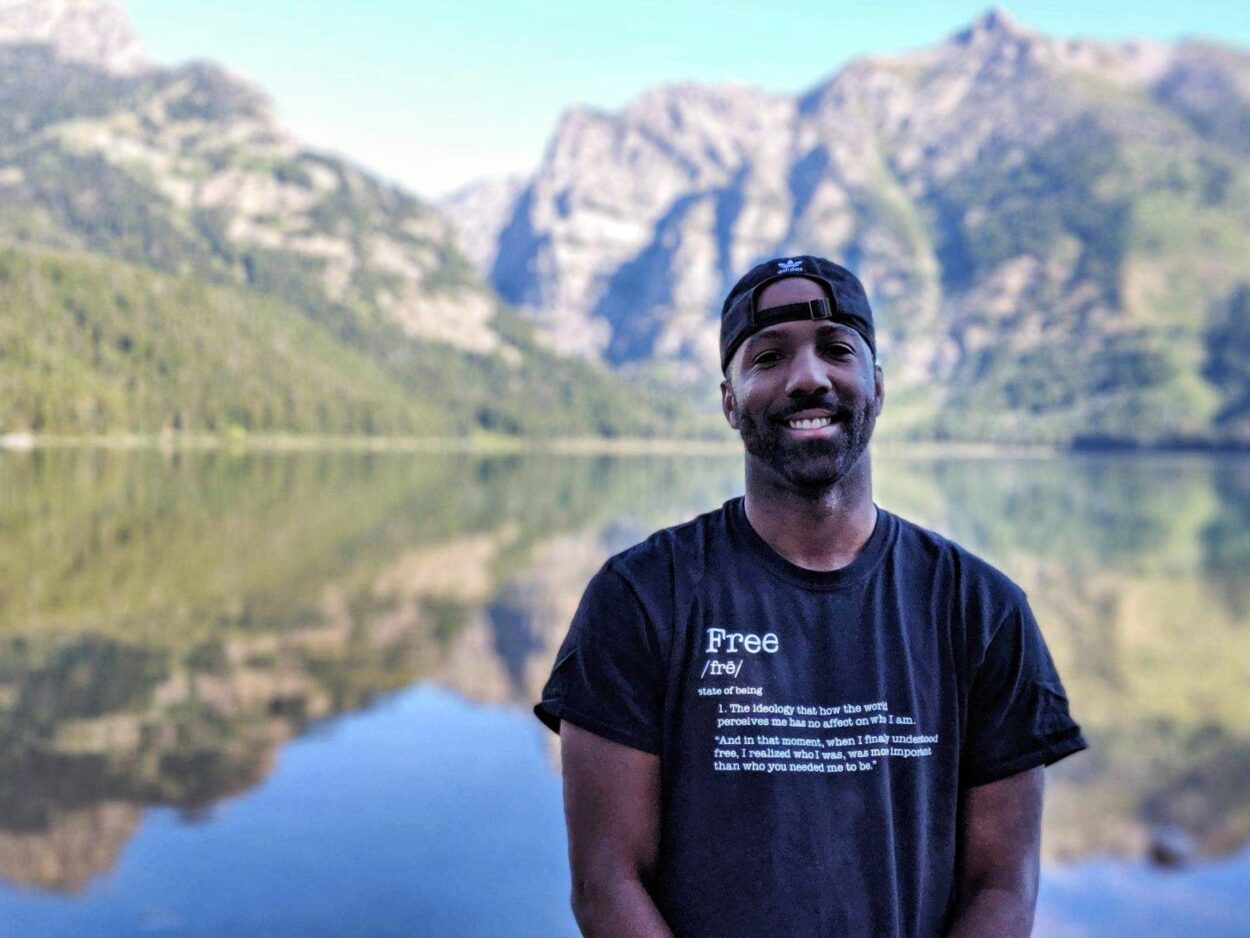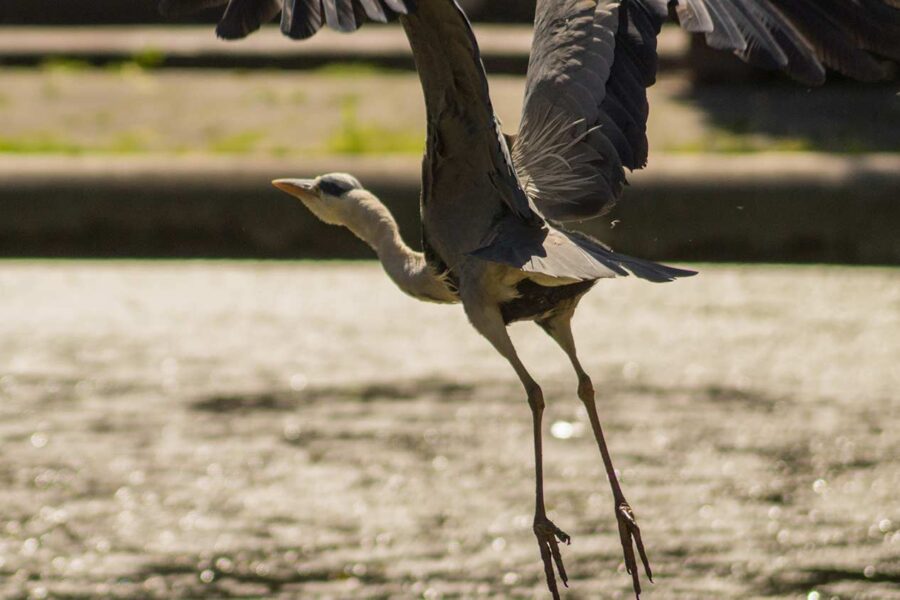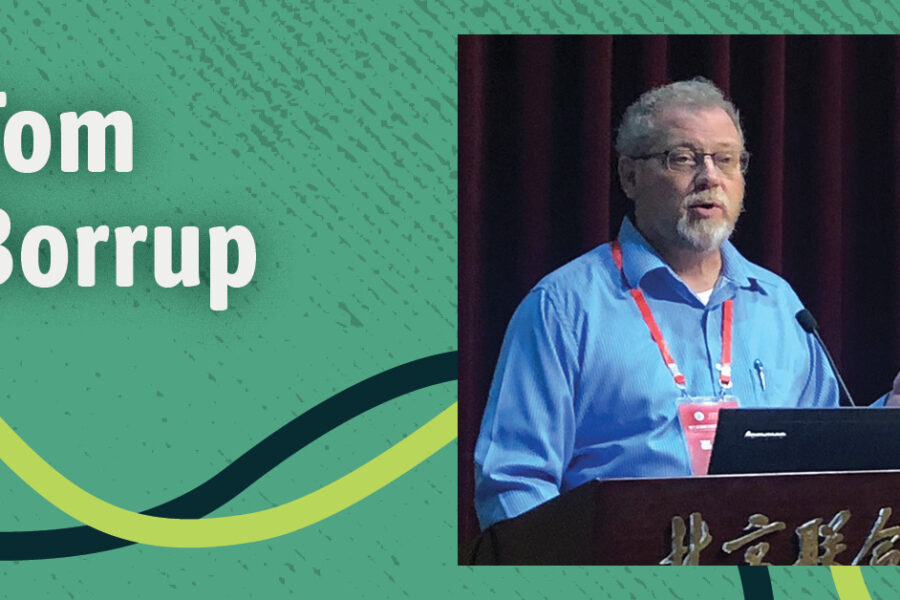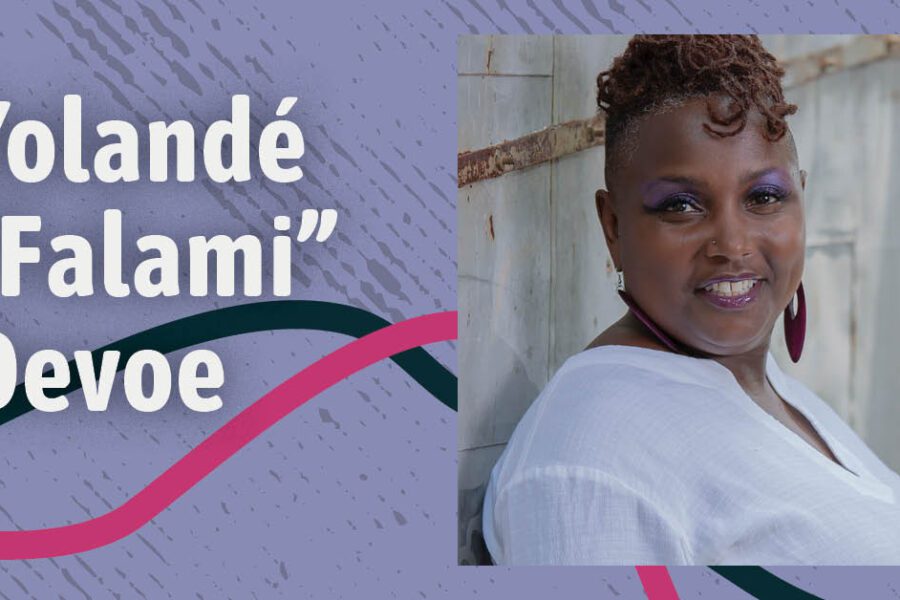From Antioch University Seattle’s MA in Education with Urban Environmental Education (UEE) Program’s Alumni Journal.
I am the Manager of the Community Leadership Development Program with the Children and Nature Network. I helped run the Fresh Tracks program bringing Native Alaskan and LA youth together for leadership training. I was recognized by NAAEE as one of 30 outstanding environmental education leaders under the age of 30 in 2020. I work as a support for the communications team at People of the Global Majority in the Outdoors, Nature, and Environment – BIPOC building toward environmental justice and collective liberation.
My initial motivation to join the UEE graduate program was to learn and practice the things that I found valuable and challenging in my new career. I wanted to learn more about working with community, connecting communities with the outdoors in cities and working to connect communities of color with Nature and the out-of-doors. I wanted to learn the academic knowledge and concepts that supported the work that I was doing intuitively. When I describe my graduate experience to others, I explain it as having the opportunity to study the process of building power in communities, to understand more deeply how communities work in cities and to find ways to strengthen understanding of the relationships among the built, human and natural environments in a wholistic and connected way.
I wanted to be part of building an academic program that attended to three things: building power in a community. Understanding how cities work. Learning how to better connect people to nature in cities. We built a dynamic learning cohort and it wasn’t easy. It was all about cultivating the power to change the way that environmental programs prepare people to work in cities with attention to social justice. I was learning from you about how to best work to change how people interact with cities. We were all involved at different levels how to choose the right content, the practical experiences, the community relationships, the new ways of thinking about cities, people, and the environment.
The cohort kept asking the question; what are the right tools to provide graduates the means to create change in the places where they work next? You engaged us in each decision – identifying courses, content, skills – in order to find just the right way to get us to our goals. The exercises of learning to build partnerships with the right nonprofit and community organizations, learning how to practice within communities with equity and inclusion, understanding group dynamics that influence how a cohort works. I was able to build on all of the things I learned and apply them to what I’m doing now.
The students found a way to feel integrated, a contributor to the program, helping them see their story as part of the bigger story of UEE. Being a student in this unique program during the first year gave us all an opportunity to make change…we stepped out of the traditional box of environmental education and created something new and good.





